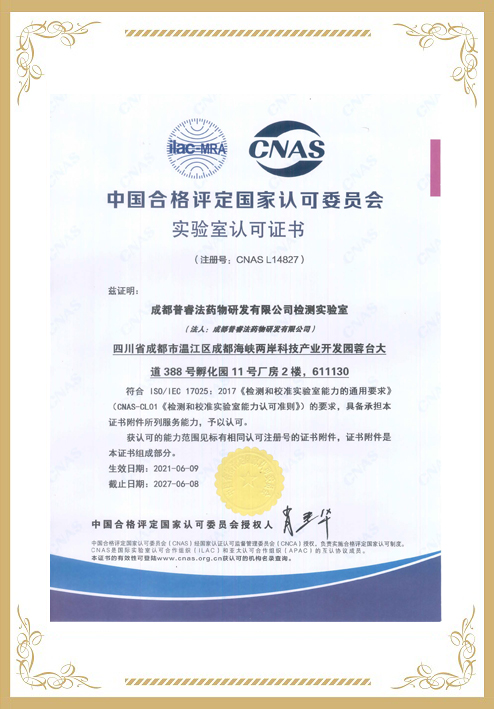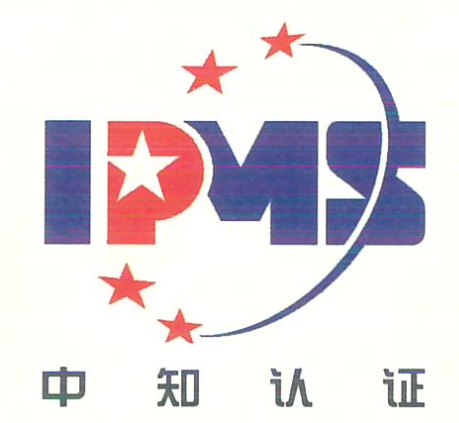期刊名:ONCOLOGY LETTERS
文献编号:
文献地址:
发表日期:March 31, 2022
6‑Gingerol is a bioactive compound isolated from Zingiber officinale. 6‑Gingerol has been shown to have anticancer effects in numerous types of cancer cell. The mechanisms underlying the anticancer effect of 6‑Gingerol in prostate cancer requires investigation. In the present study, the effect on cell viability of 6‑Gingerol on LNCaP, PC3 and DU145 prostate cancer cells were determined using the MTT and colony formation assays. 6‑Gingerol significantly inhibited cell migration, adhesion and invasion in LPS‑stimulated and LPS‑unstimulated prostate cancer cells. Furthermore, these changes were accompanied by alterations in the protein expression levels of epithelial‑mesenchymal transition biomarkers, including E‑cadherin, N‑cadherin, Vimentin and zonula occludens‑1. 6‑Gingerol also induced autophagy by significantly increasing LC3B‑Ⅱ and Beclin‑1 protein expression levels in prostate cancer cells. Combining 6‑Gingerol with LY294002, an autophagy inhibitor, signifi‑ cantly increased cell survival in DU145 cells. Furthermore, 6‑Gingerol significantly decreased the protein expression levels of glutathione (GSH) peroxidase 4 and nuclear factor erythroid 2‑related factor 2 in prostate cancer cells. Reactive oxygen species (ROS) levels were significantly increased but GSH levels were decreased following 6‑Gingerol treatment in prostate cancer cells. Co‑treatment with the ferroptosis inhibitor, ferrostatin‑1, significantly increased cell viability and significantly decreased ROS levels in 6‑Gingerol‑treated cells. These results suggested that 6‑Gingerol may have inhibited prostate cell cancer viability via the regulation of autophagy and ferroptosis. In addition, 6‑Gingerol inhibited cell migration, adhesion and invasion via the regulation of EMT‑related protein expression levels in LPS‑stimulated and LPS-unstimulated prostate cancer cells. In conclusion, 6‑Gingerol may induce protective autophagy, autophagic cell death and ferroptosis‑mediated cell death in prostate cancer cells. These findings may provide a strategy for the treatment and prevention of prostate cancer























